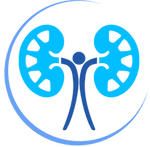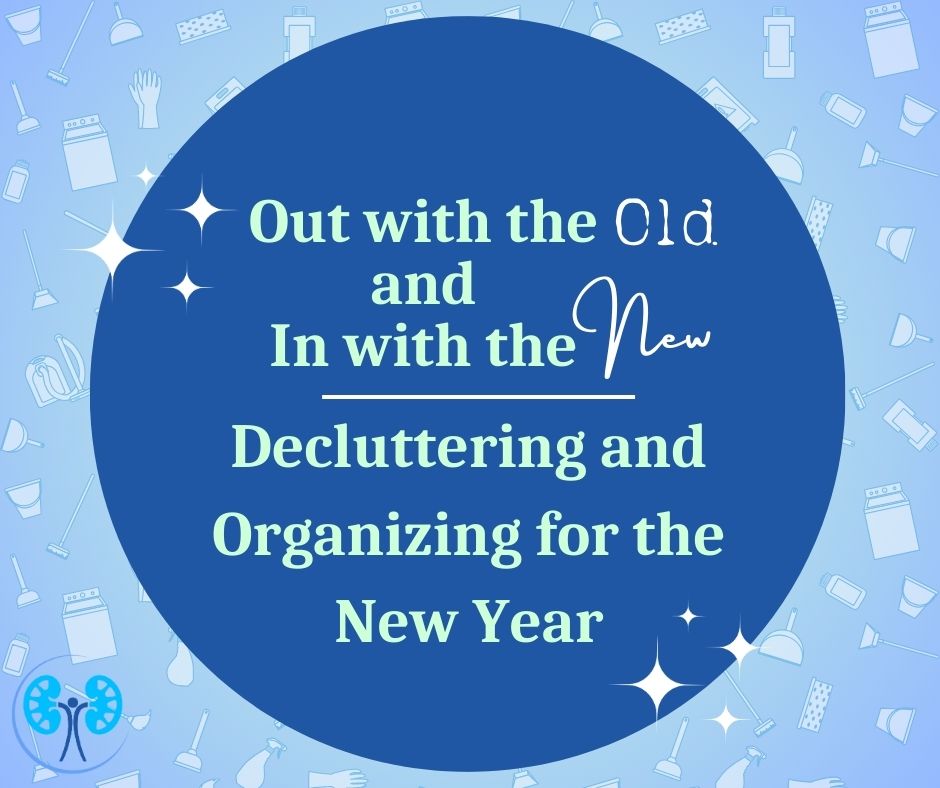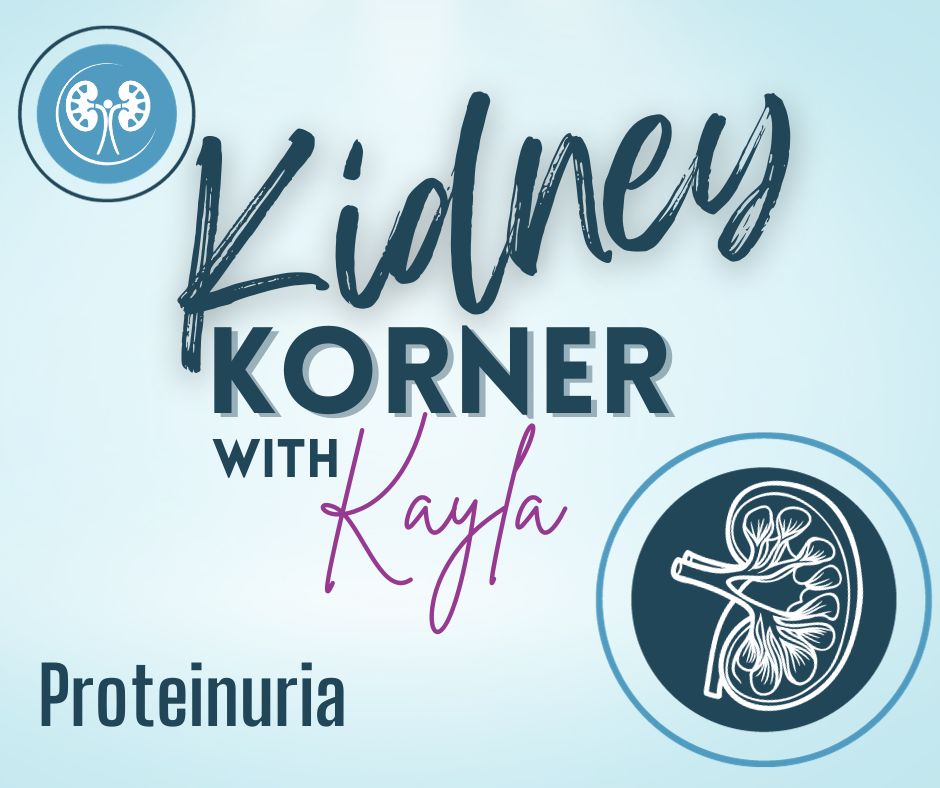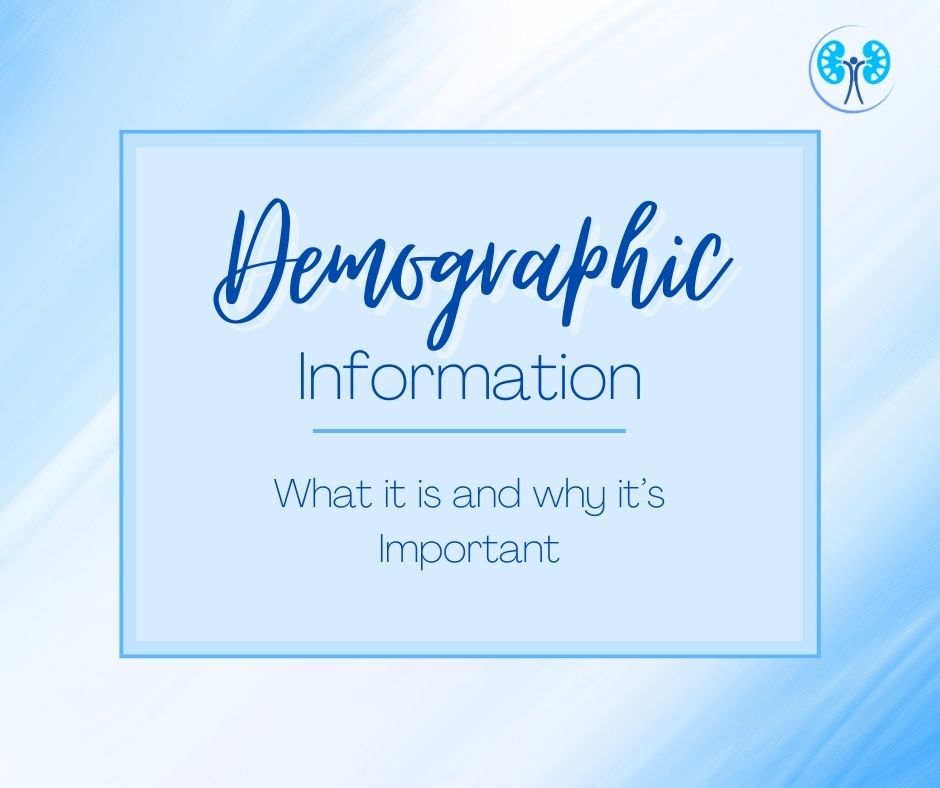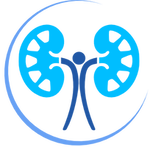|
“A clean space creates a clean mind.” ~Anonymous
The new year brings fresh starts and hopes for healthy habits. One way to set yourself up for success when creating these healthy habits (and sticking to them) is by creating an environment that is conducive to health, growth, and clarity. A good way to start this is through decluttering and organizing your space. A clean and clear space that brings you joy can help in reducing stress. By organizing your home, you may also find it easier to maintain proper medication regimens and healthy habits. Additionally, ticking items off of your yearly to-do list can bring a sense of pride and accomplishment, thus uplifting spirits and contributing to a healthier mindset. These can contribute to a more relaxed state and reduced blood pressure. Listed below are some tips and tricks to help you create a clean, organized environment to set yourself up for success in the new year. Tips and tricks:
Places to Donate/Sell Items after Decluttering: Salvation Army Goodwill Hospice Stores Habitat for Humanity (HabiJax) Hubbard House Consignment shops Resources to Help You Get Started:
While this may seem like a daunting task and too overwhelming to tackle; take a step back and break it down. Start small and work your way through piece by piece. Change doesn’t happen overnight. Give yourself grace as you learn what works best for you. Protein is a common topic when it comes to kidneys. Tracking protein intake can become more important as you progress through Chronic Kidney Disease and enter End Stage Renal Disease.
What is protein and proteinuria? Protein is a macronutrient, or a food nutrient group that we need in larger amounts. Protein is found throughout the body and powers many of the chemical reactions that we need to survive. Proteinuria is simply the presence of protein in the urine. High Protein Foods Animal-based: Poultry, fish, beef, pork, eggs, dairy products Plant-based: beans, lentils, broccoli, chickpeas, nuts/seeds, spinach, soy products/tofu, etc. How Dr. Munjal Helps: Dr. Munjal can order a urinalysis and protein urine studies to determine how much protein is spilling through. From there, he can begin to determine the root cause of the problem and decline in kidney function. Recommendations and changes can be made and progress will be reviewed after repeat testing. Munjal’s Musings Think of your kidneys as a coffee filter. It has two jobs: let the coffee through and keep the grounds in. Similarly, kidneys want to get rid of waste, but keep the good things in. We check protein levels in the urine. Protein particles are large and should not be spilling through the filter. High protein levels in the urine are indicative of kidney damage. If you have concerns regarding protein or recent urine studies, please do not hesitate to reach out to your care team for guidance. As always, stay safe and healthy. For additional information on the kidneys and their filtration function, please refer back to our previous post, Kidney Korner: Filtering Blood here. The new year marks the start of new insurance and benefits. Understanding you insurance policy is vital to receiving timely care at a reasonable cost. Let's talk all things insurance so you can be empowered this year.
What is insurance? Health insurance is a contract that agrees to pay a portion of health and medical expenses in exchange for a premium. This generally covers the cost of routine care, emergency services, specialty care, and the treatment of chronic illness. What kind of insurance are there? There are a wide variety of insurance policies available in today’s market. Two of the most common are Preferred Provider Organizations (PPO) and Health Maintenance Organizations (HMO).
Why do we ask? By asking about insurance, we are able to ensure that our patients are getting efficient and effective care. For example, the following may be affected by inaccurate insurance information:
How can you be proactive in your care?
While insurance can be a tricky subject, we hope this helps. If you have any further questions about your coverage, call your policy directly for more information. Don't forget to let your doctor's offices know if you have had any changes in any of your policy details! Your demographic information is a vital part of your care. It is protected by HIPAA and therefore cannot be shared or altered without patient consent.
What is considered demographic information?
Why is it important? Demographic information is vital for medical billing, insurance, communications, and patient identification. Out-of-date demographic information can lead to:
How you can update your information:
We try to update this information on an annual basis. You can review our previous post on HIPAA (https://www.jaxnephrology.com/blog/be-hipaa-and-know-your-rights) to learn how we protect your information. If you have questions, concerns, or any changes in the new year, please do not hesitate to call our office. |
About The BeanThe Bean is a blog on a mission to share valuable information in the world of Nephrology. We believe in empowering through education and The Bean is a great place to find resources and information on topics related to high blood pressure, kidney disease, dialysis, and topics that enhance the kidney minded lifestyle. Enjoy and be sure to subscribe! Archives
July 2024
Categories |
Contact Us |
Careers |
Connect With Us |
|
13241 Bartram Park Blvd., Suite 1001
Jacksonville, FL 32258 Open Map Tel: (904) 260-9898 Fax: (904) 260-9891 |
Interested in joining our team? Jacksonville Nephrology is dedicated to compassionate patient care through teaching and giving our team the tools needed to go above and beyond. Learn more about current openings. Learn More
|
